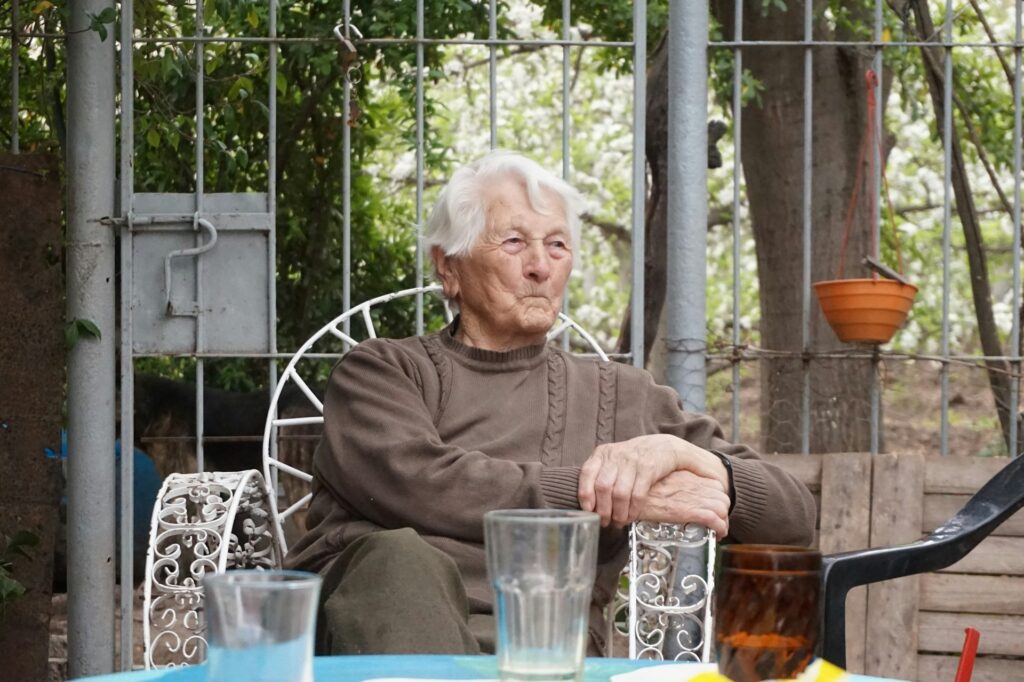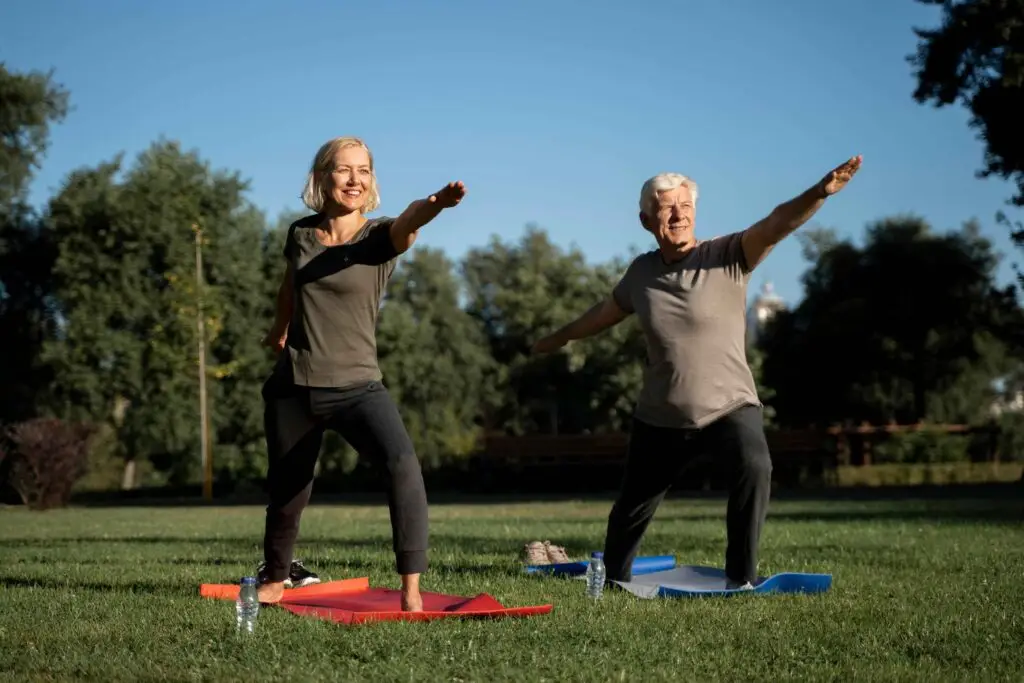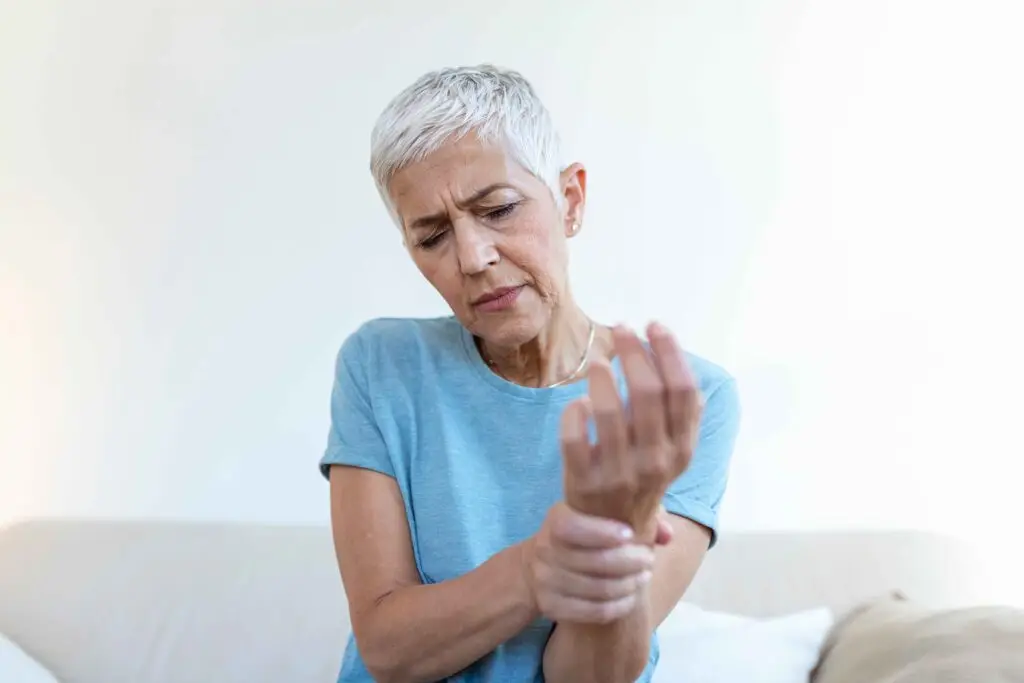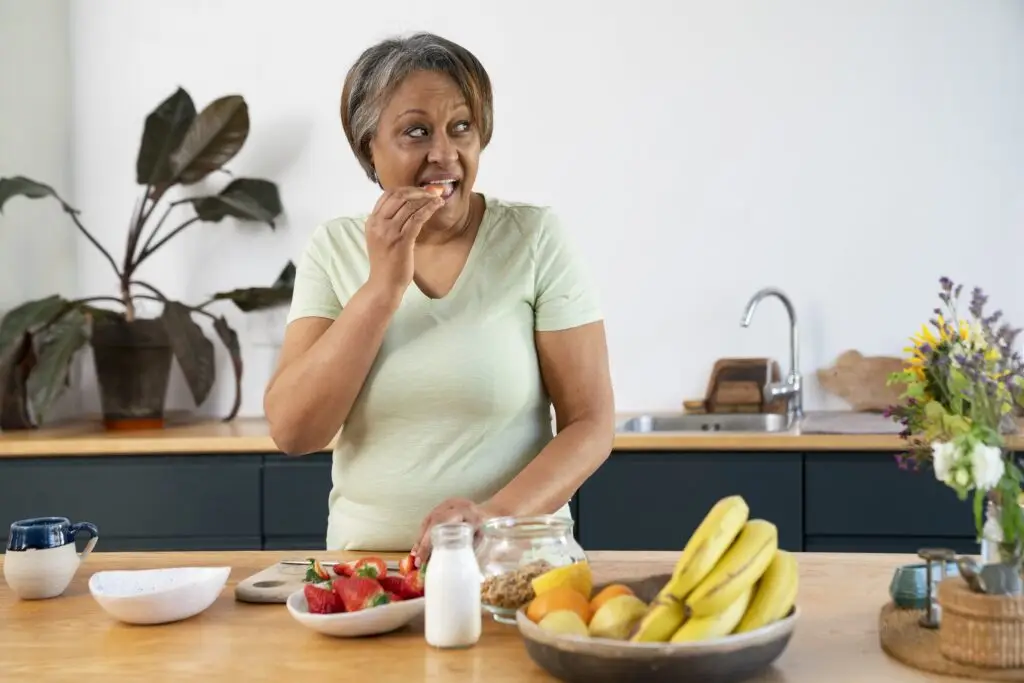How to Strengthen Your Immune System Naturally After 65
As the body ages, the immune system naturally changes, and its defenses may not respond as quickly as they once did. This makes it important to find safe and sustainable ways to strengthen your immune system naturally after 65.
Seniors often face challenges such as slower healing, increased risk of infections, and chronic conditions that put extra pressure on immune health. The good news is that there are many proven strategies to support resilience—through nutrition, movement, rest, and small daily habits.
Learning how to strengthen your immune system after 65 is not about taking shortcuts or relying only on pills. It is about understanding the role of foods, vitamins, lifestyle changes, and natural remedies that can help balance immunity.
Seniors who adopt a routine built on immune system booster foods, safe supplements, and regular exercise often see improvements in energy, recovery, and overall well-being.
A thoughtful approach can turn everyday actions—such as choosing what to eat, how to move, and how to rest—into powerful tools for protection.
This guide explores natural ways to boost the immune system for seniors, focusing on what works, what is safe, and what habits really help in the long run. From diet to strengthen immune system in older age to exercises that support immunity, the goal is to create a clear, realistic plan for staying healthy after 60.
Why immunity shifts with age?
As the years pass, your immune system changes in ways researchers call immunosenescence. T-cells, which help recognize new infections, don’t multiply as quickly. Antibody production slows, and chronic low-grade inflammation can become more common.
This is why older adults may feel weaker after the flu or face a higher risk of complications from simple infections. Understanding this process helps explain why natural ways to boost the immune system for seniors—like better nutrition, more movement, and quality sleep—become more important after retirement.
When you focus on daily habits, you are not just preventing illness; you are keeping your immune system strong in old age.
Nutrition: foods that strengthen the immune system in older adults
The first step in immune system support for older adults is food. A colorful diet gives your body the vitamins and minerals needed to mount a strong immune response. Vegetables, fruits, legumes, and whole grains provide antioxidants that fight inflammation.
Lean protein from fish, poultry, beans, and yogurt builds antibodies and repairs tissues. Nuts, seeds, and olive oil add healthy fats that balance the immune system naturally.
Protein intake is especially important after 65. Many older adults eat less protein, but the immune system relies on it to make infection-fighting cells. Aim to include protein with each meal.

A breakfast of Greek yogurt with berries, a lunch of lentil soup, and a dinner of salmon or chicken gives steady support. These foods become natural immune boosters for elderly bodies that need repair and recovery every day.
When it comes to vitamins to strengthen your immune system after 60, a few stand out. Vitamin D regulates immune response, yet seniors often have low levels because skin makes less vitamin D with age.
Zinc supports wound healing and helps white blood cells fight germs. Vitamin C shortens the duration of colds when taken regularly from foods like oranges, peppers, or kiwi.
Vitamin B12 becomes harder to absorb after 65, and deficiency can quietly weaken energy and immunity. Focusing on a diet to strengthen the immune system in older age means building meals that combine these nutrients naturally rather than relying on pills.
Supplements: safe immune support for older adults
- Not everyone eats perfectly every day, so supplements can play a role. The best supplements for immune system support in elderly people are those that fill proven gaps.
- A daily multivitamin is a reasonable safety net if your appetite is low or your diet is limited. Vitamin D and B12 are worth checking with your doctor since deficiencies are common after 60.
- Some seniors try herbal remedies. Herbs to strengthen the immune system naturally—like elderberry or echinacea—have mixed evidence. They may ease cold symptoms, but they can also interact with medications.
Probiotics are another option, with some strains linked to fewer respiratory infections. Still, no supplement replaces healthy meals. Safe immune-boosting supplements for older adults are those taken in the right dose, under medical guidance, and as part of a balanced routine.
Exercise: building immunity through movement
Exercise is one of the best natural ways to boost the immune system for seniors. Moderate activity helps immune cells move more effectively through the body. It also improves circulation, strengthens the lungs, and reduces inflammation.
Exercises that strengthen the immune system in elderly adults include brisk walking, cycling, water aerobics, and gentle strength training. Even light stretching or tai chi improves balance and lowers stress, which indirectly supports immunity.
You don’t need to train like an athlete. Aim for 30 minutes of moderate activity most days, plus two sessions of muscle strengthening each week. This could be as simple as walking around the neighborhood, lifting light weights, or practicing yoga.
These daily habits to strengthen the immune system naturally add up over time, lowering your risk of infection and helping you recover faster when illness strikes.
Sleep and stress: restoring balance for immunity
Sleep and stress are two of the most overlooked yet powerful influences on immune health, especially after 65. When the body is well rested, the immune system operates like a finely tuned machine, producing the cells and proteins it needs to detect and fight infections.
But when sleep is irregular or disrupted, the immune response becomes sluggish, leaving seniors more vulnerable to colds, flu, and slower recovery from illness.
During deep sleep, the body releases cytokines, signaling proteins that help manage inflammation and coordinate the immune defense. Certain cytokines are produced in greater amounts at night, which means that poor sleep directly reduces the body’s ability to prepare for infection or respond to an existing illness.
Research shows that seniors who maintain seven to eight hours of quality sleep are less likely to fall ill and respond more effectively to vaccines.
Creating healthy sleep habits becomes crucial with age because natural sleep patterns tend to shift. A calming evening routine — such as reading, gentle stretching, or listening to soft music — signals the body to wind down.
Keeping the bedroom cool, dark, and free of distractions makes it easier to stay asleep. Avoiding caffeine or heavy meals in the evening can also prevent restlessness.

Even short daytime naps can be beneficial if nighttime sleep is inconsistent, but long naps should be avoided to protect the body’s natural rhythm.
Stress is another critical factor. While short bursts of stress can be useful in emergencies, chronic stress has the opposite effect, flooding the body with hormones like cortisol that suppress immune cell activity.
Over time, this leaves the body less capable of fighting off everyday infections. Seniors who live with ongoing stress may notice they get sick more often or take longer to recover.
Fortunately, there are natural ways to manage stress and restore balance. Relaxation practices such as meditation, breathing exercises, or prayer help calm the nervous system. Gentle physical activities like yoga, tai chi, or daily walks release endorphins that naturally reduce stress. Engaging in meaningful hobbies, whether it’s gardening, painting, or cooking, gives the mind a sense of focus and enjoyment that lowers stress levels.
Equally important is the role of social connection. Loneliness is a hidden stressor that can weaken immunity in older adults. Staying connected with family and friends, joining community groups, or even enjoying brief conversations with neighbors provides emotional support that directly benefits physical health.
Studies consistently show that seniors with strong social networks have lower stress levels, better sleep, and fewer health complications.
In short, sleep and stress act like two sides of the same coin: one restores the immune system, while the other can weaken it if left unchecked. By cultivating restful sleep habits and finding healthy ways to manage stress, seniors can create a balanced lifestyle that supports their natural defenses and keeps their immune system strong well into older age.
Hydration and sun exposure: small steps, big impact
Older adults sometimes forget to drink enough water because the sense of thirst fades with age. Dehydration makes it harder for the body to fight infections.
Keeping a water bottle nearby, enjoying soups, or sipping herbal tea ensures steady hydration. Even these simple steps work as natural immune boosters for elderly adults.
- Many people asked, Which drink is good for immunity? The best drink is plain water. But certain natural drinks add extra support. Green tea contains antioxidants that may lower inflammation and support immune response.
- Fresh citrus juices, like orange or grapefruit, supply vitamin C that helps your body fight infections. Kefir and other probiotic-rich drinks strengthen gut health, which is closely tied to immunity.
- Herbal teas like ginger or chamomile soothe the body and reduce stress, which indirectly boosts immune strength.
- Sunlight adds another layer. Spending time outdoors helps the body make vitamin D, an essential nutrient for immune strength. Safe, regular exposure for short periods supports immunity.
Pairing sunlight with a short walk outdoors also brings the added benefit of exercise, making it one of the easiest ways to strengthen your immune system as you age.
Vaccines: protecting your immunity as you get older
Vaccines are one of the most effective tools for protecting health as the immune system ages. While natural strategies such as nutrition, movement, and stress management are vital for everyday resilience, vaccines target specific infections that pose greater risks to older adults.
After 65, the body’s immune response slows down, which means common illnesses can cause more severe complications. Vaccines act like a training program, showing the immune system what to look for so it can mount a faster, stronger defense when real exposure occurs.
The seasonal flu shot is a top priority because influenza can lead to hospitalization or pneumonia in seniors, especially those with chronic conditions. Vaccination not only lowers the chance of infection but also reduces the severity if the flu does strike.
The pneumococcal vaccine is equally important, protecting against bacterial pneumonia and bloodstream infections, both of which can be life-threatening in older adults.

Another key vaccine is for shingles, a painful condition caused by the reactivation of the chickenpox virus. Seniors are at much higher risk for shingles and its complication, postherpetic neuralgia, which can cause lingering nerve pain. The shingles vaccine dramatically reduces both the risk of developing shingles and the chance of severe long-term pain.
In today’s world, staying current on COVID-19 vaccines and boosters remains essential. Older adults are among the most vulnerable to complications, including respiratory distress and long recovery times. Likewise, the newer RSV (respiratory syncytial virus) vaccine offers protection against a virus that can cause dangerous lung infections in seniors.
Taken together, these vaccines form a safety net. They do not replace natural habits but enhance them, ensuring that even if exposure occurs, the immune system is prepared.
When seniors combine vaccination with a balanced diet, regular movement, restful sleep, and stress management, they create the strongest possible defense.
Keeping up to date with recommended vaccines is not just about preventing illness — it is about maintaining independence, energy, and quality of life in the years after 65.
Can immunity be improved quickly?
Many ask, How can I boost my immune system in 24 hours? The truth is, there is no instant fix. But certain actions work right away. A full night of sleep, a balanced meal rich in protein and vegetables, a walk in fresh air, and steady hydration all strengthen your immune system naturally, even in the short term.
Over time, repeating these steps becomes the best way to strengthen the immune system after 65. Quick results may not last, but consistent habits create long-term immune health.
Frequently Asked Questions (FAQs)
What are 5 signs of a weak immune system?
A weak immune system in older adults often shows up in subtle ways. Getting sick more often than usual, such as frequent colds or infections, is a major warning sign. Slow healing from cuts or wounds also suggests the immune response is not working at full strength.
Feeling tired most of the time, even after rest, can be linked to an immune imbalance. Ongoing digestive issues, like diarrhea or bloating, sometimes signal poor immune support in the gut.
Finally, frequent skin infections or rashes can point to low immune defense. If these signs appear often, it may be time to talk with a healthcare provider.
Can you fix a weak immune system?
While you can’t completely “reverse” the natural changes that come with age, you can improve the way your immune system functions. Fixing a weak immune system starts with a healthy diet, good sleep, and regular exercise.
Managing chronic conditions like diabetes or high blood pressure also helps because these issues put extra strain on the immune system.
Quitting smoking, limiting alcohol, and reducing stress make a difference, too. For older adults, the best approach is to build a consistent routine that naturally strengthens the immune system over time.
Is honey good for your immune system?
Honey has natural antioxidant and antibacterial properties. It may soothe the throat, ease coughing, and support healing from minor infections. While honey alone is not the strongest natural immune booster, it can be part of a healthy lifestyle.
A spoonful in tea or warm water offers comfort when you feel unwell. For older adults, honey should be used in moderation since it still contains sugar. Think of it as a small helper, not a cure-all, within an overall immune-boosting diet for seniors.
Conclusion
Aging does not mean losing control over your health. With the right daily choices, it is possible to strengthen your immune system naturally and stay active, strong, and resilient well beyond 65. Simple steps like eating colorful fruits and vegetables, prioritizing protein, staying hydrated, and focusing on quality sleep create a foundation that supports lasting immune health.
Adding vitamins to strengthen your immune system after 60 or targeted supplements can help when deficiencies exist, but they should never replace balanced meals and consistent habits.
Movement matters just as much as food. Exercises that strengthen the immune system in the elderly—such as walking, stretching, or light strength training—improve circulation and help immune cells do their job.
Pairing activity with stress management and meaningful social connection ensures the immune system is supported not just physically, but emotionally, too.
If you have been asking yourself how to build up your immune system naturally at 65 or whether there are home remedies to strengthen immunity in seniors, the answer is in steady, small, daily practices.
A strong immune system is not built overnight, but through consistent choices that protect the body as it adapts with age. With awareness, effort, and the right support, seniors can enjoy better defenses, faster recovery, and healthier years ahead.





